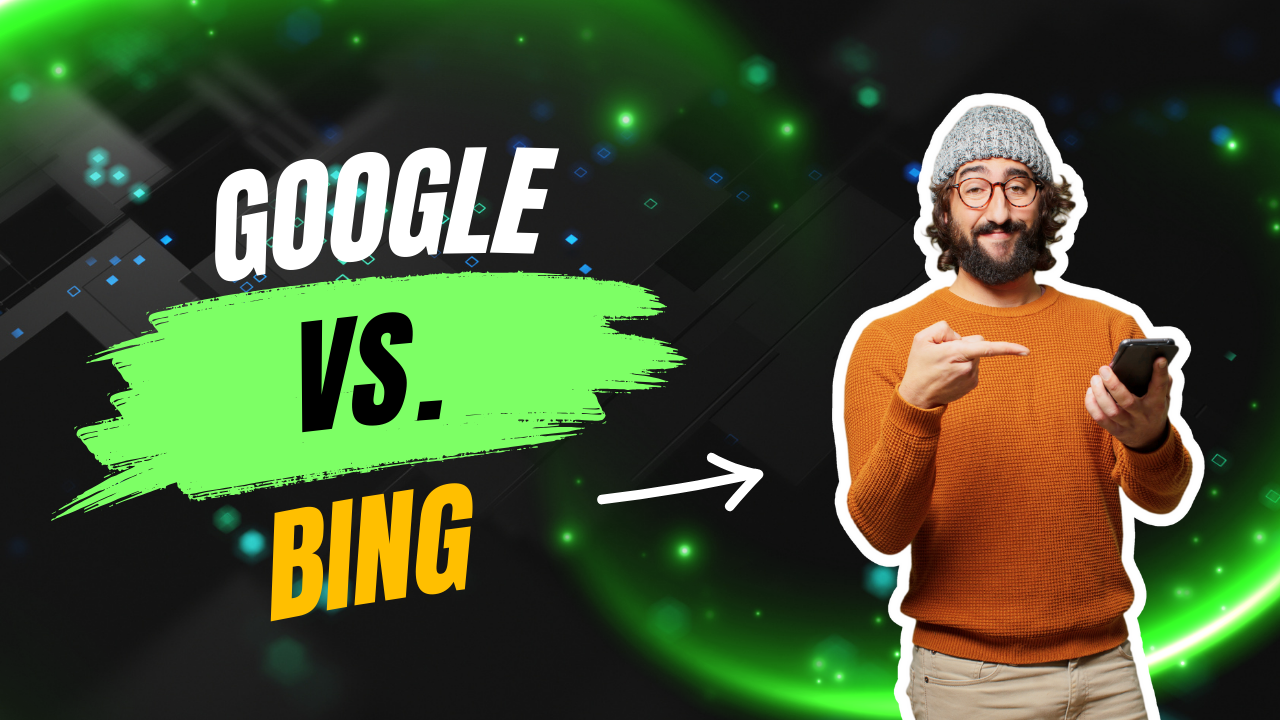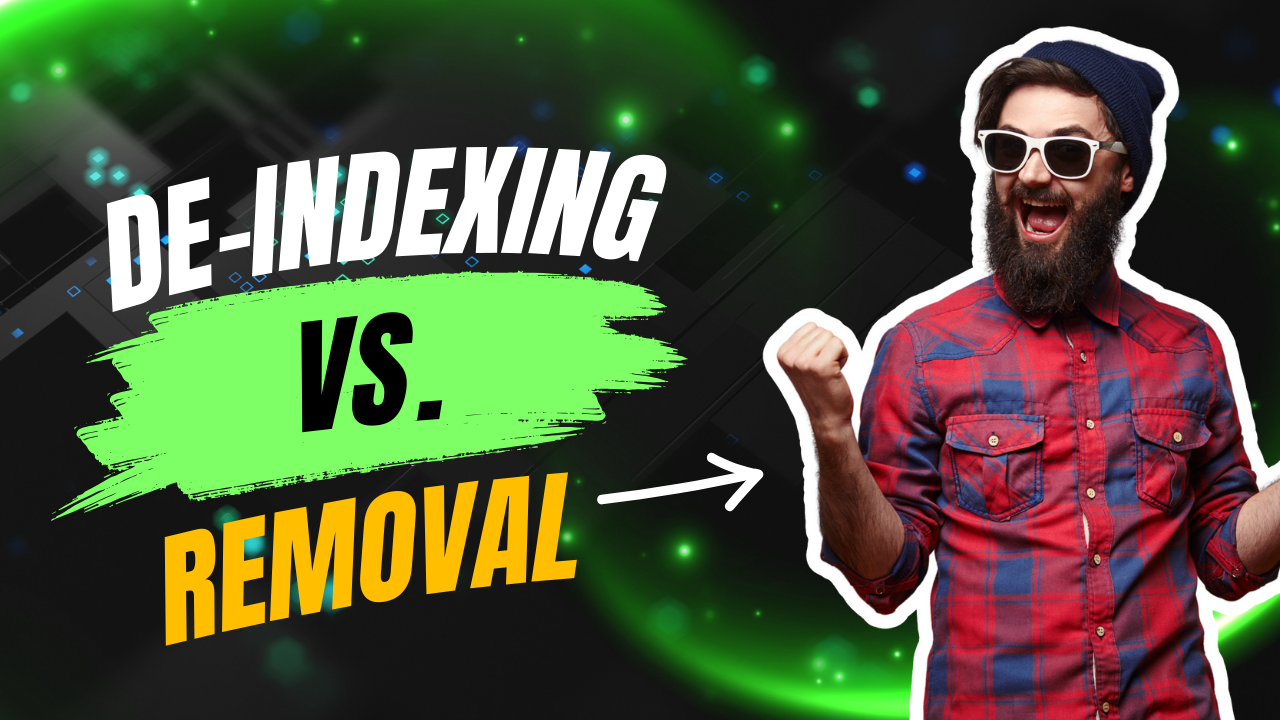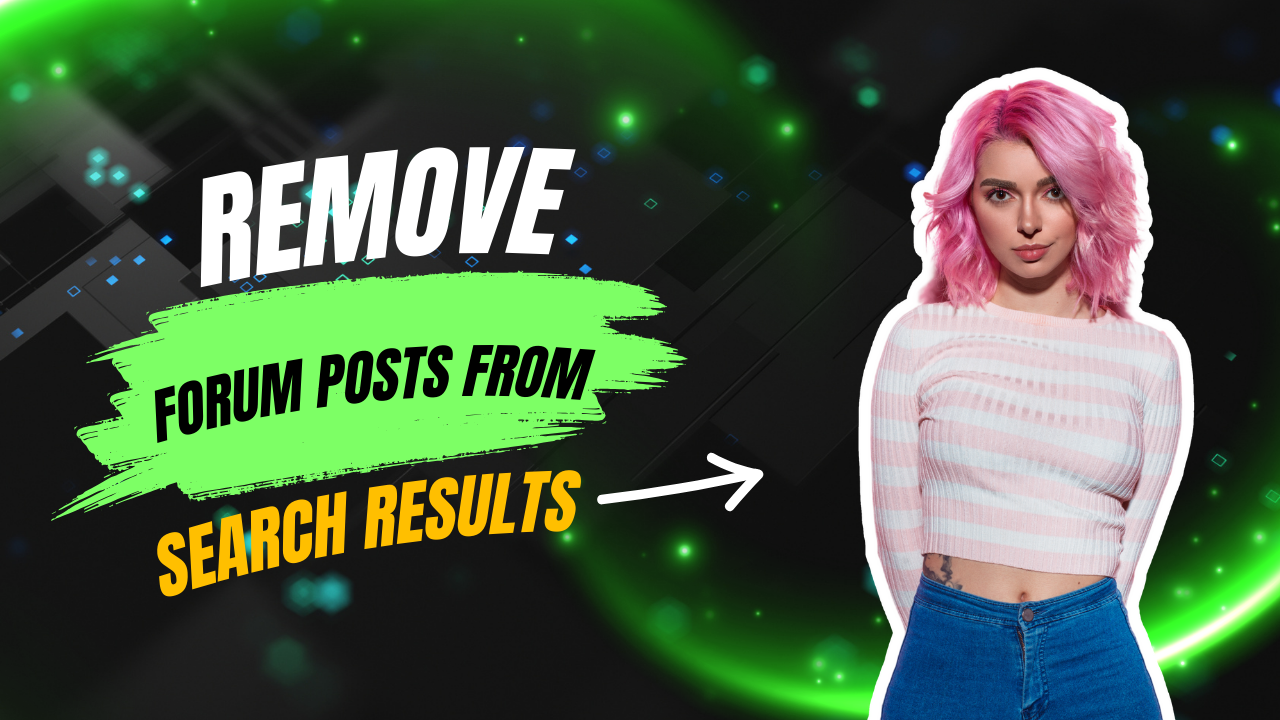If something negative shows up in your search results, one of the first questions you might ask is: Can I get this removed? And depending on whether it appears on Google or Bing, the process can look very different.
So which one is easier to deal with when it comes to content removal?
Let’s break it down.
Google: Powerful but Strict
Google dominates search with over 90% of global market share. But that also means it’s more careful—and more strict—about what it removes.
What You Can Remove from Google:
- Personal data (home address, phone, email)
- Outdated or deleted pages
- Legal violations (revenge porn, financial info, court orders)
- Copyrighted or defamatory content (in some cases)
More DB Insights: How to Remove Google Search Results
What Makes Google Harder:
- Every request is manually reviewed
- Approval depends on very specific policies
- Even if content is removed from Google, the original site stays up
- Legal requests can take weeks or months
Still, Google offers solid tools like Results About You, Remove Outdated Content, and legal removal request forms.
Bing: Smaller Engine, Looser Rules
Bing might only control around 3%–5% of search traffic, but it’s still worth monitoring—especially for older or niche content that hangs around longer.
Why Bing May Be Easier:
- Bing processes outdated or dead page requests more quickly
- In some cases, Bing removes content with less documentation or red tape
- Microsoft has a similar legal removal system, but it’s often faster to respond
That said, Bing has fewer tools for personal data removal, and there’s less visibility into the process.
So, Which One Is Easier?
Bing is often easier to work with—if the content qualifies for removal.
But here’s the truth: Google matters more because it drives most of the traffic. That’s why content showing up in Google search has a bigger impact on your reputation, your business, or your privacy.
At ReputationDB.com, we handle both.
What We Recommend
- Try free removal tools from both search engines
- Focus on Google first, since it’s where most people search
- For content that can’t be removed, use SEO suppression to bury it
- If you need help, contact our team—we remove content from Google, Bing, Yahoo, and more




